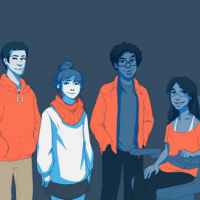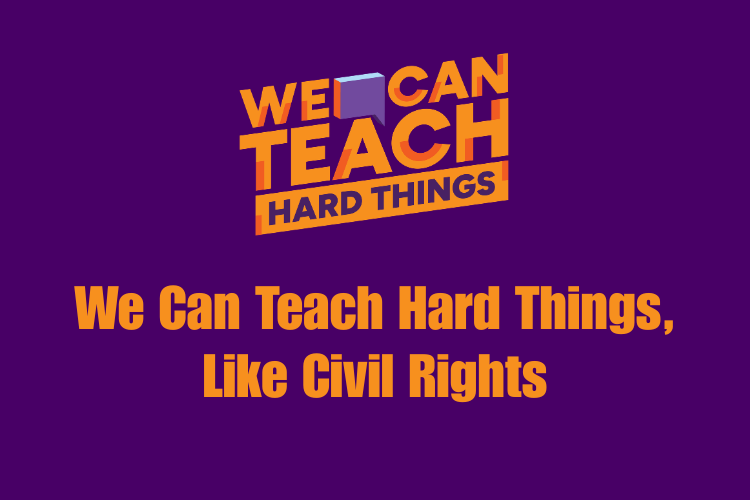Are you looking for ways to incorporate primary source analysis into your lessons without spending hours preparing?
Unlock the power of inquiry-based learning with our three new DBQuests! Each DBQuest asks students a big question which acts as a guiding light for in-depth analysis of three multimedia primary resources. With step-by-step guidance from a virtual writing assistant, students will gather evidence, check sources, analyze what they mean, and write responses to important questions.
Explore Our Three Newest DBQuests
Non-Voting Delegates in Congress
Today there are six non-voting members of Congress representing American Samoa, the District of Columbia, Guam, the Northern Mariana Islands, Puerto Rico, and the U.S. Virgin Islands. In this DBQuest, students will explore the duties and limitations of non-voting members from the perspective of the members themselves.
Policy, Public Interest, and… Margarine?
This DBQuest invites students to take a closer look at how the public can inform and impact public policy over time. Students will review and analyze primary sources from 1900–1949 to discover how legislation can change and the role of public opinion in these changes. It’s a DBQuest with extra butter (or margarine) on top!
Kids Making a Difference
Hear as kids from three different times in history share, in their own words, how they helped their communities and country tackle the issue of food insecurity in times of war and peace. In this DBQuest, students will use evidence from primary sources to support analysis, answer questions, and describe how young people have made a difference in their communities throughout U.S. history.




